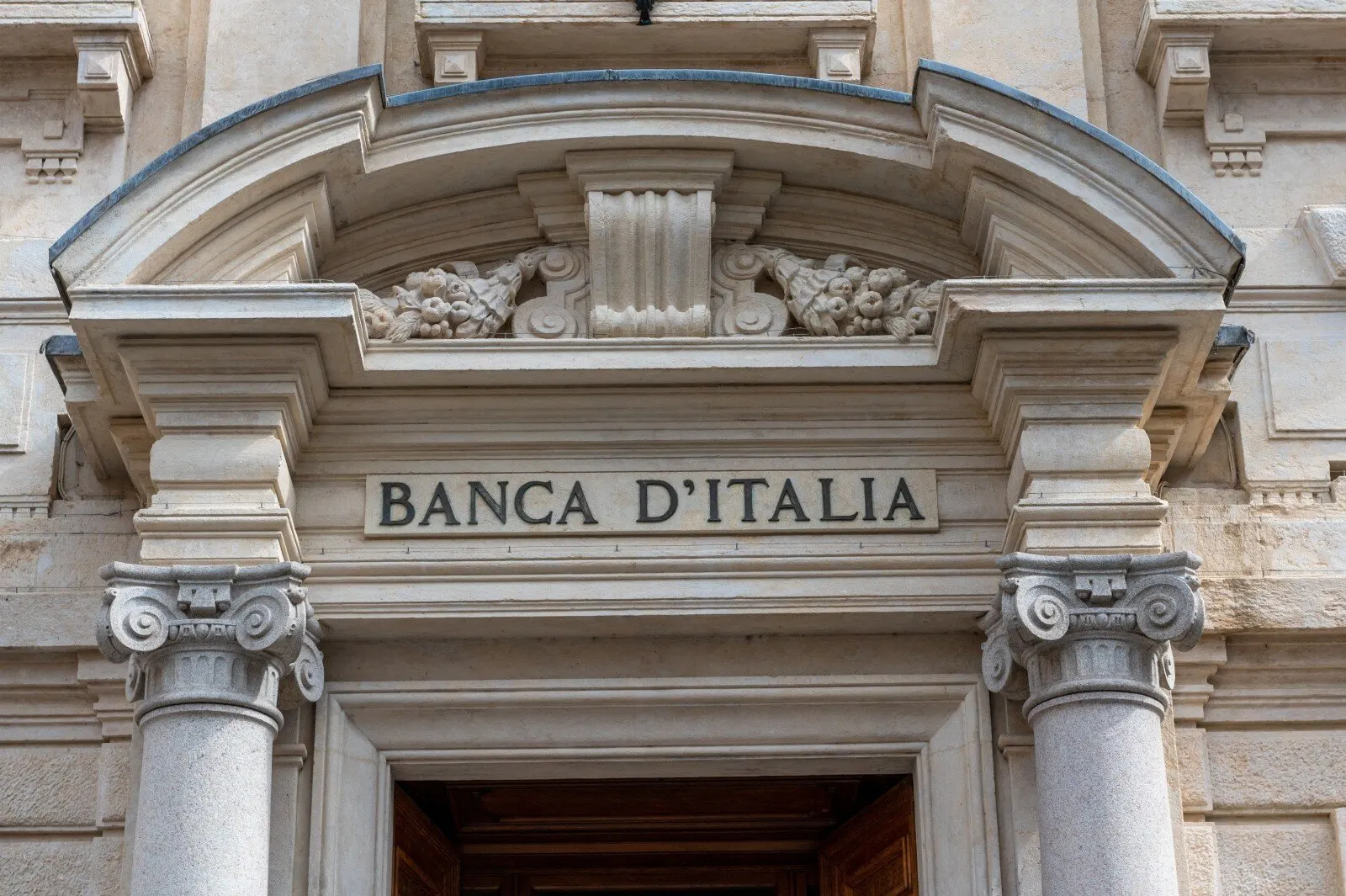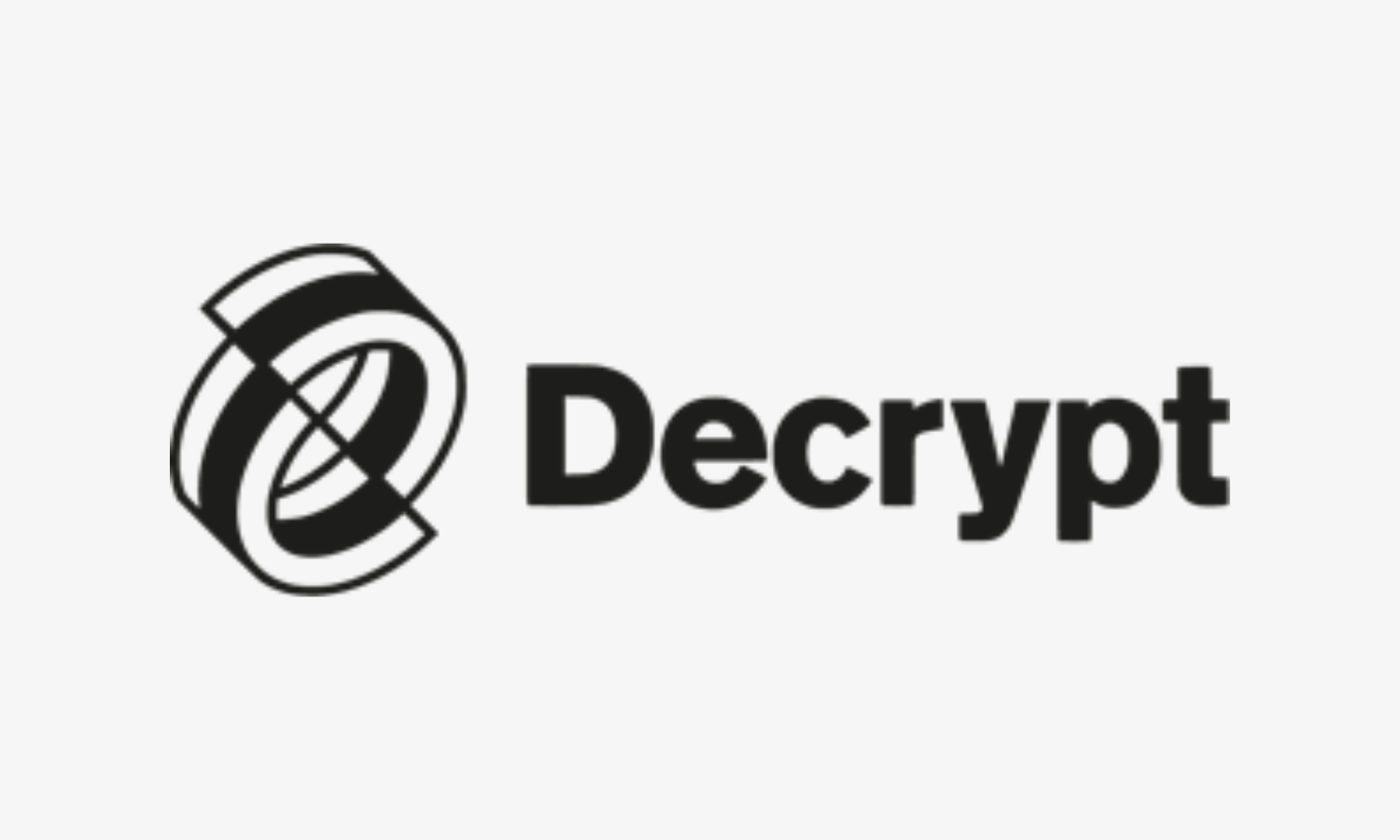Bank of Italy Warns of Systemic Crypto Risks, Concentration of Power Under Trump

Italy’s central bank has reiterated long-standing concerns over crypto’s growing influence in traditional finance, even as the country’s largest commercial bank accelerates its push into digital assets.In its latest For years, central banks around the world have issued near-identical warnings about the systemic risks posed by crypto’s growing ties to traditional finance, citing volatility, regulatory gaps, and potential contagion across markets. Yet, recent political developments have only further alarmed major financial institutions, which point to shifting winds in Washington, D.C.In its report, the bank pointed to sharp increases in digital asset prices following the U.S. election of Donald Trump and his administration’s crypto-friendly initiatives, warning that deeper entanglement between traditional finance and the volatile asset class could create systemic vulnerabilities.“If these instruments were to become more closely entwined with the traditional financial system, there could be greater vulnerabilities for markets and intermediaries,” it said. By the end of March, the global crypto market was valued at $2.75 trillion. Bitcoin alone made up over 60% of that figure, with 30% coming from other unbacked crypto assets.Just 9% of the market consisted of stablecoins—digital assets tied to traditional currencies, most of which are pegged to the U.S. dollar.The Trump effectThe U.S. Over the past months, regulators in the U.S. have taken a softer stance on crypto and dropped multiple investigations into crypto firms, while the government has hosted crypto events at the White House. Increased ties between government, traditional finance, and crypto, particularly in the U.S., are worrying the Italian bank. The report also targeted ETFs and corporate treasuries that are increasingly holding Bitcoin to prop up share prices. It also warned of conflicts of interest, governance gaps, and the concentration of crypto power in a few U.S.-based firms. “A significant portion of Bitcoin is held by companies operating exclusively in the digital asset sector (e.g., trading platforms), which are not subject to specific governance requirements and may therefore have significant conflicts of interest,” it said. It claimed that roughly 75% of these firms are based in the U.S., with others in China, Canada, and the U.K., and a negligible presence in the euro area.Stablecoin sovereignty The Bank also wrote about the disproportionate influence of dollar-backed stablecoins like Tether’s USDT and Circle’s USDC. A widespread run on redemptions, it noted, could trigger a fire sale of U.S. government bonds and shake global markets.The Bank warned that euro stablecoins issued by U.S. firms could undermine EU payment systems and threaten monetary sovereignty.But while the central bank preaches caution, not all of the country’s banks are on board. Intesa Sanpaolo, Italy’s largest banking group, is In January, the bank bought 11 bitcoins worth around €1 million ($1 million), marking the first direct purchase of bitcoins by an Italian lender. It declined to explain its rationale. It also underwrote Italy’s first blockchain bond in July 2024 and added spot crypto trading to its proprietary trading desk in November.Even lawmakers are getting involved. In January, MP Marcello Coppo Despite official unease, the Bank of Italy isn’t turning its back on blockchain technology, even if it’s circumspect about its financial value. Last year, it Edited by

Published on Other News Site

















